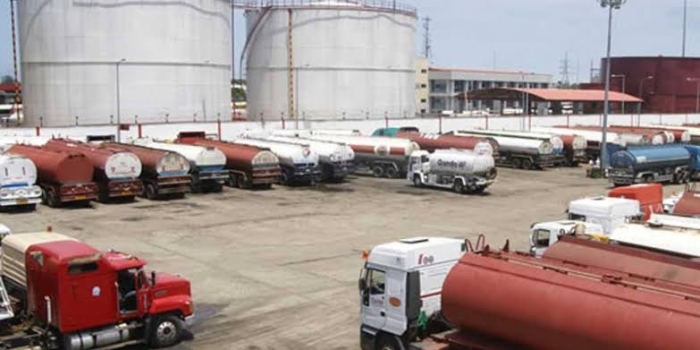The Nigerian fuel retail sector is facing an unprecedented crisis following the removal of fuel subsidies in May 2023. Fuel consumption has plummeted 92% from 60 million liters per day in May 2023 to just 4.5 million liters in August 2024, according to the Nigerian Midstream and Downstream Petroleum Regulatory Authority.
Key impacts:
- Fuel prices increased nearly 500%, from N175 to over N1,000
- Only 16 of 36 states received fuel supplies in August 2024
- Cost of a fuel truck rose from N7m to N47m in 16 months
- An estimated 10,000 fuel marketers face closure within 45 days
- Potential job losses could affect up to one million workers
Industry associations, including PETROAN (Petroleum Products Retail Outlets Owners Association of Nigeria), have appealed to President Tinubu for a N100bn grant to prevent mass closures. Meanwhile, NUPENG (Nigeria Union of Petroleum and Natural Gas Workers) reports significant job losses among truck drivers and station workers.
Analysis:
1. Economic Impact:
- The dramatic drop in consumption suggests severe demand destruction
- The crisis appears to be creating a negative feedback loop: higher prices → lower consumption → business failures → job losses → further reduced consumption
- The situation is contributing to broader economic challenges and inflation
2. Policy Implications:
- The subsidy removal has created significant market disruption
- The limited fuel distribution to only 16 states indicates possible supply chain issues
- The request for government intervention (N100bn grant) suggests the market hasn't yet found a sustainable equilibrium
3. Social Consequences:
- Widespread transition from private to public transportation
- Significant employment impact in the fuel retail sector
- Ripple effects across the broader economy due to increased transport costs
4. Positive Side Effect:
- Reduction in cross-border fuel smuggling due to higher prices
The situation appears to represent a major structural shift in Nigeria's fuel market, with significant implications for both the economy and society.
